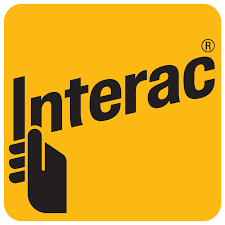
Nearly 25% of Canadians Have Clicked on a Phishing Link Says Interac Study
March is Fraud Prevention Month, and Interac has provided some tips to help Canadians avoid falling victim to phishing scams.
According to a survey commissioned by Interac, close to one-quarter of Canadians admit they have clicked on a link related to a phishing scam, with 64 per cent noting they have been tempted to click on a link they were unsure of as legitimate or not.

“As payment fraud increasingly migrates online through scams like phishing, the continued work we do with our partners to detect and prevent fraudulent activity has never been more important,” said Rob Fodor, Chief Data Scientist and VP of Fraud, Interac Corp, in a press release. “It’s also why we feel strongly about arming Canadians with the information they need to spot, avoid and report any phishing scams they may come across.”
Interac lists some tips users can follow to avoid phishing scams:
- Don’t click on any links or open any attachments if you receive them from a sender you don’t recognize.
- Trust your gut. If you receive a deposit or money request notification you weren’t expecting, contact the sender through a different channel to check if it’s real.
- Look for errors or strange typos in the text of an email notification. A common error in phishing emails is the “$” sign appearing after the amount, instead of before it.
- If you think the notification is a scam masquerading as an Interac e-Transfer®, forward the email to phishing@interac.ca so our fraud team can further investigate.
- If you accidentally fill out personal information in a link from a phishing scam, change your online banking password and contact your bank right away.
- When transacting in person, protect your PIN. Keep it to yourself and never share it with anyone, and if you’re making an in-store purchase shield the PIN pad when entering your number and remember to take the card out when the transaction is complete.
- If you suspect your Interac debit card or mobile payment device has been compromised, lost or stolen, contact your bank right away.

